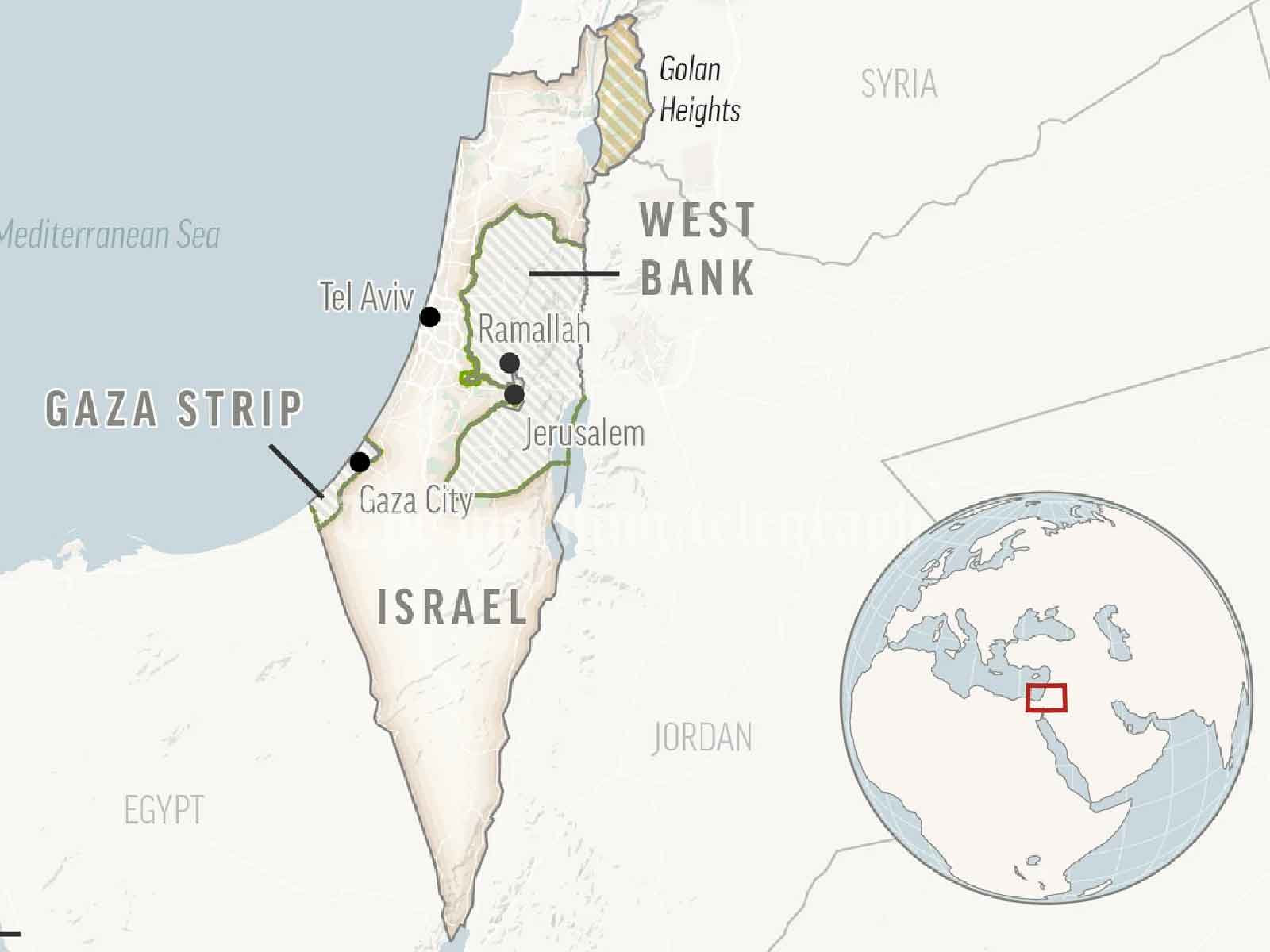
The Israeli military operation in Syria comes as part of an intensified campaign against regional threats from Iran-backed groups. Israeli forces recently launched targeted strikes across Lebanon and Syria, aiming to disrupt Iranian-supported Hezbollah’s operations near Israel’s northern border. The captured individual, identified by Israeli forces as Ali Soleiman al-Assi, is allegedly tied to efforts directed by Iran to establish a foothold in the Golan Heights. Israeli surveillance of al-Assi spanned several months before his capture, which was showcased in a body camera video where Israeli soldiers detained him and transported him back to Israel for interrogation.
In parallel, Israel has ramped up its military operations in Gaza, primarily in the densely populated northern regions, where the military claims it is targeting Hamas militants. This campaign has led to heavy civilian casualties and has significantly strained the region’s healthcare facilities. Kamal Adwan Hospital in northern Gaza, for instance, has been hit multiple times, reportedly injuring several patients, including children. Although the hospital director attributes the damage to Israeli shellfire, the Israeli Defense Forces (IDF) dispute this, attributing it to an explosive device allegedly planted by local militants.
International humanitarian organizations, including UNICEF and the World Health Organization, have raised alarms about the conflict’s impact on Gaza’s infrastructure, which has compromised essential services like healthcare. In northern Gaza, limited access has delayed a polio vaccination campaign, placing thousands of children at risk of the disease. The campaign, a joint effort by UNICEF and WHO, was initially suspended due to the ongoing hostilities and lack of secure humanitarian pauses for workers to operate safely.
This escalation is also influencing international politics. The U.S. administration faces pressure from progressive voices and American Arab communities urging a cease-fire in Gaza. Vice President Kamala Harris, speaking in Michigan, reiterated a commitment to ending the conflict and securing peace in the region while underscoring the need for humanitarian solutions that respect Palestinian rights to freedom and self-determination.
The Gaza conflict has displaced thousands, with Israel’s intensified campaign and airstrikes leading to significant evacuations and heightened calls for global intervention. With reports of heavy casualties on both sides, including more than 43,000 Palestinian fatalities, the humanitarian crisis is worsening. Israeli officials maintain that these actions are essential to neutralize Hamas’s influence in Gaza, yet the high civilian toll has spurred international debate over the necessity and proportionality of Israel’s military response.




